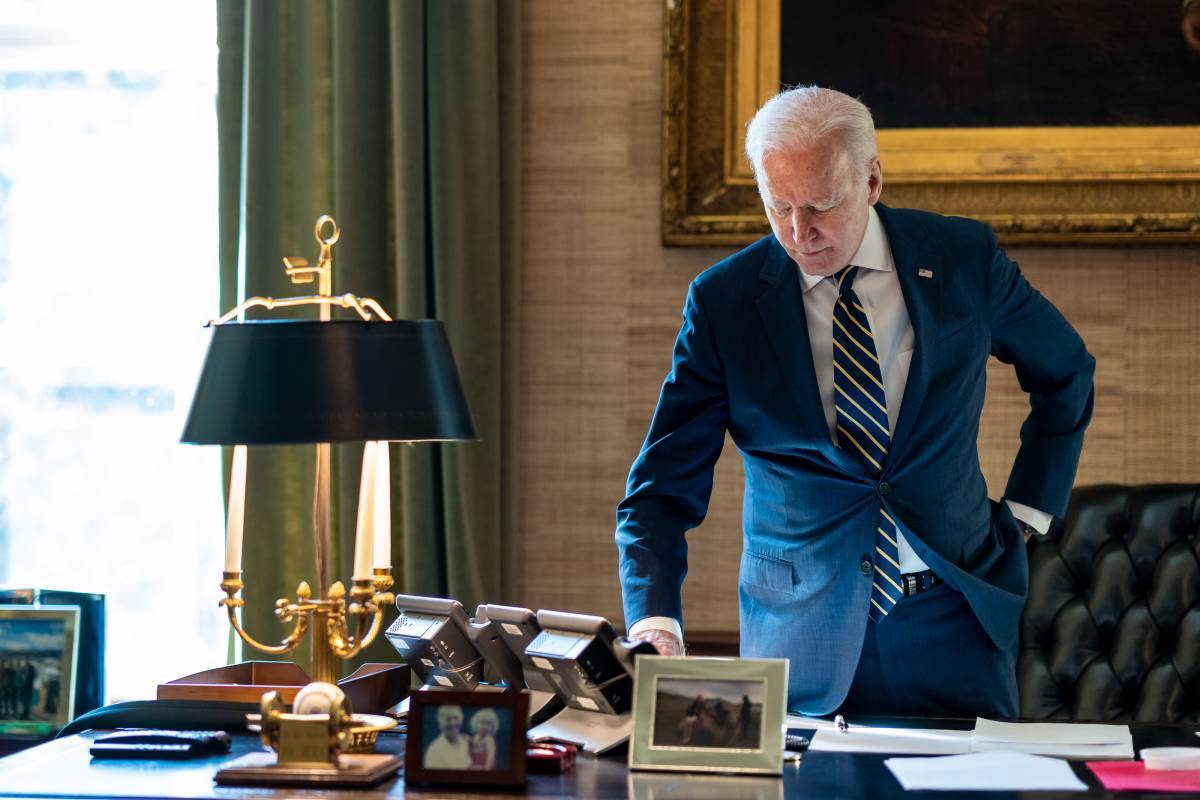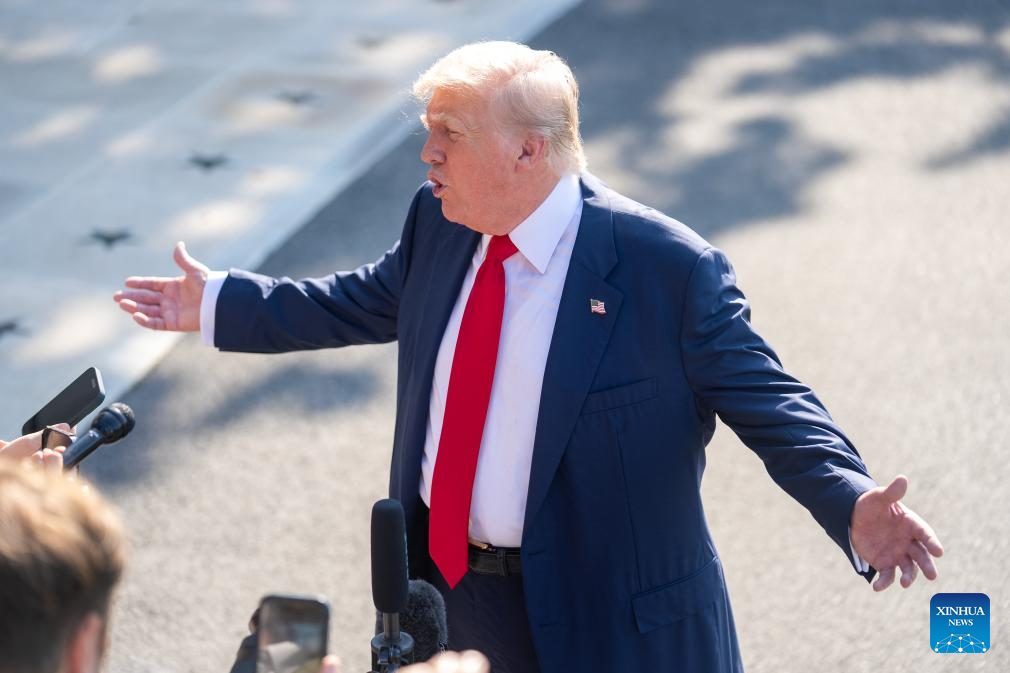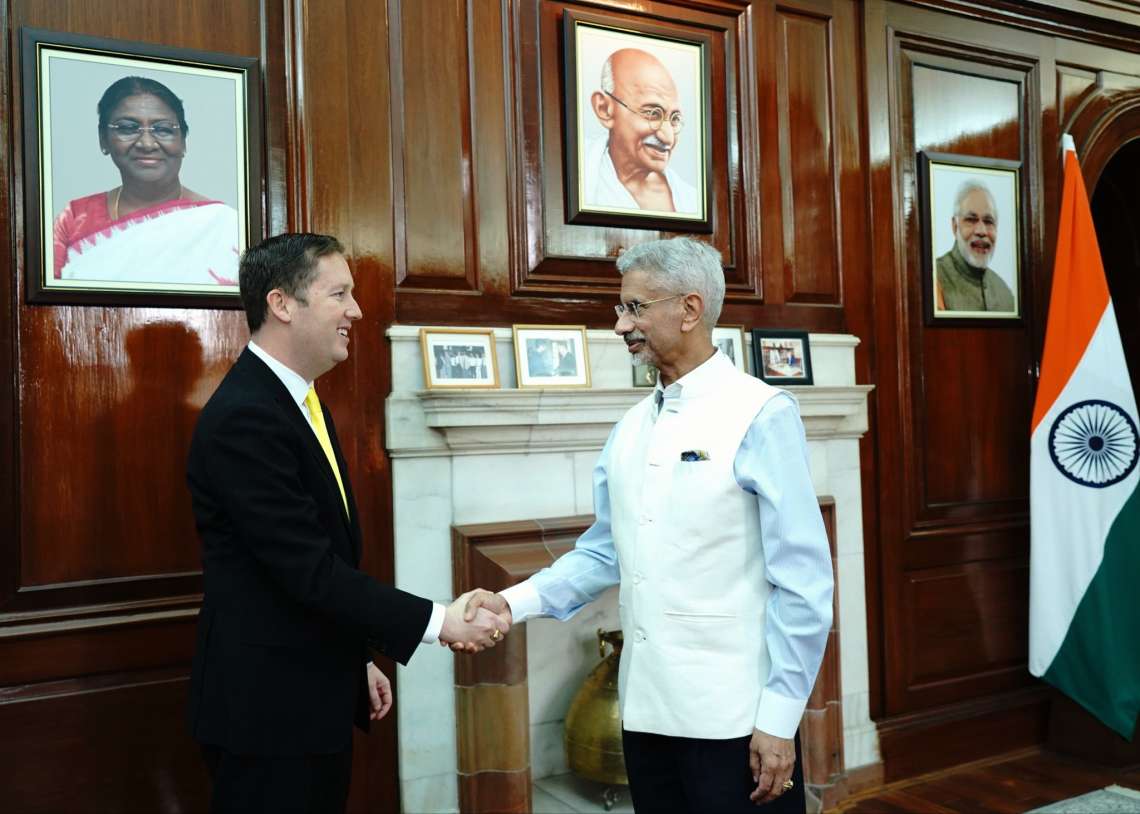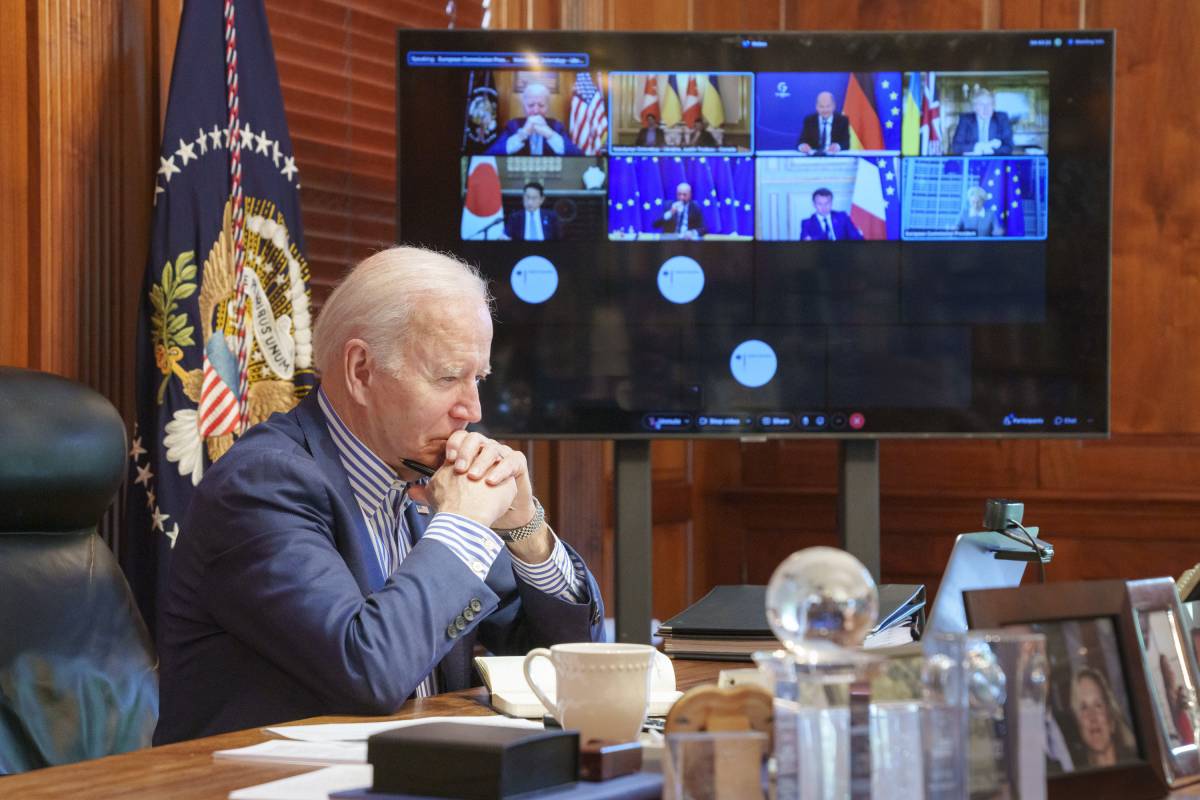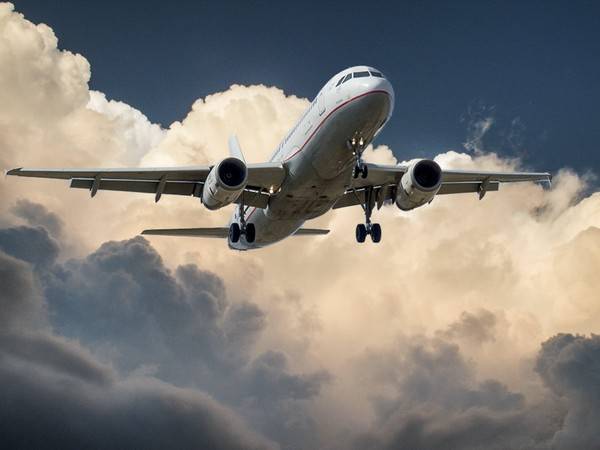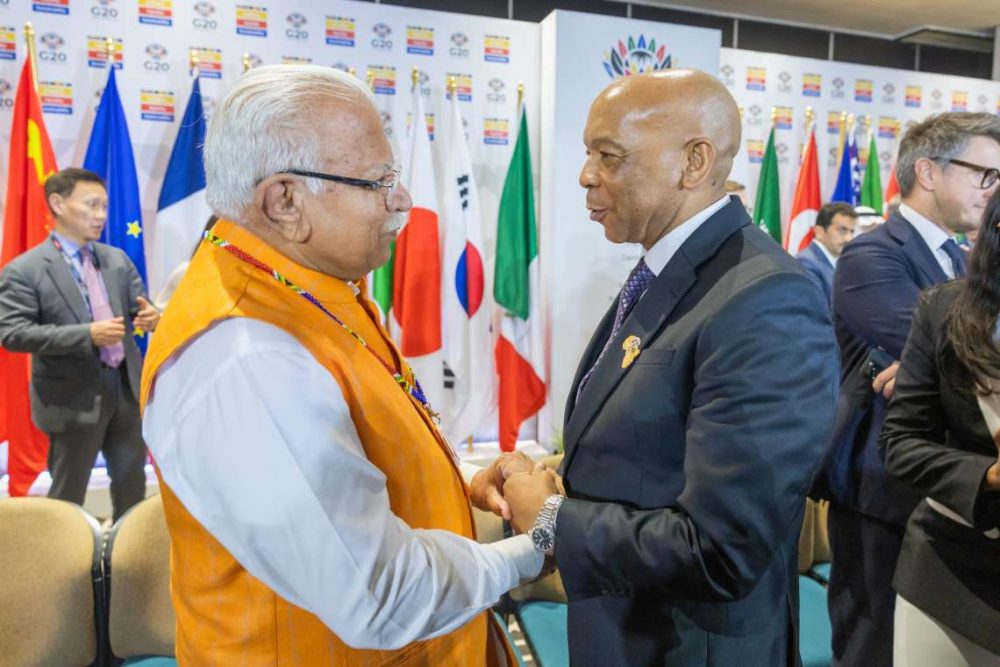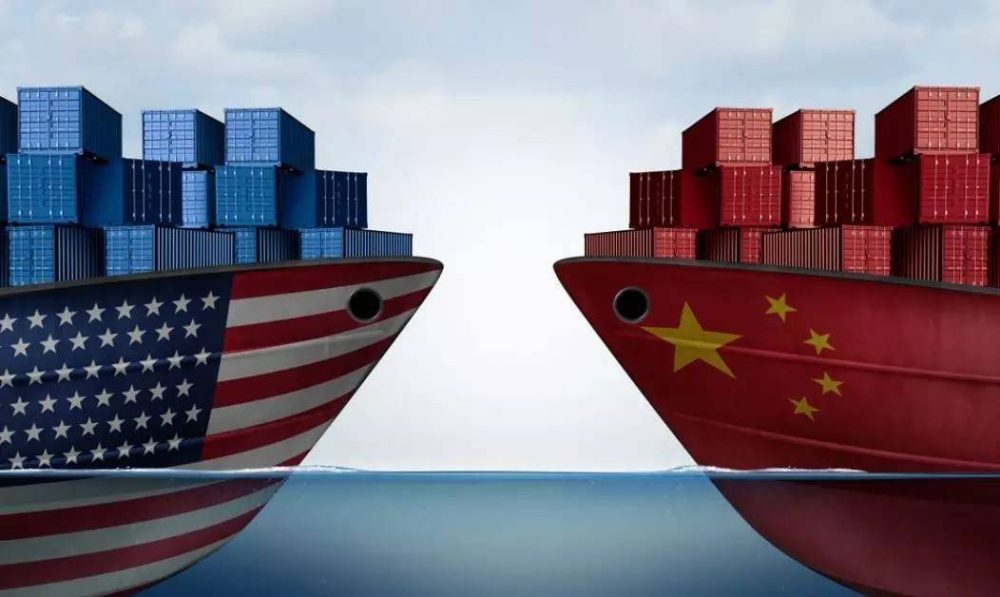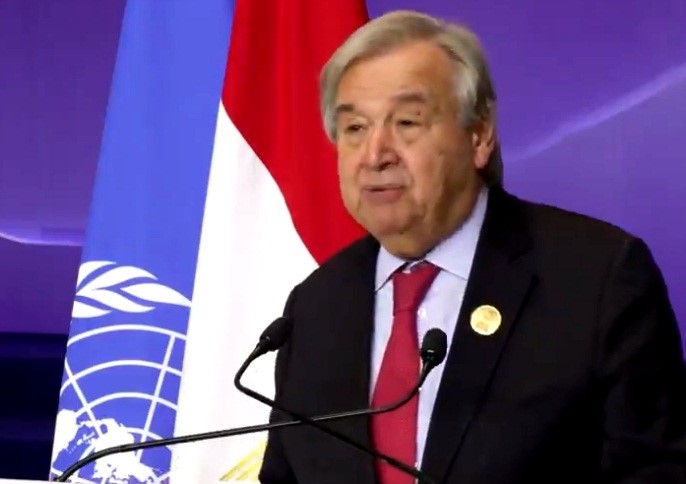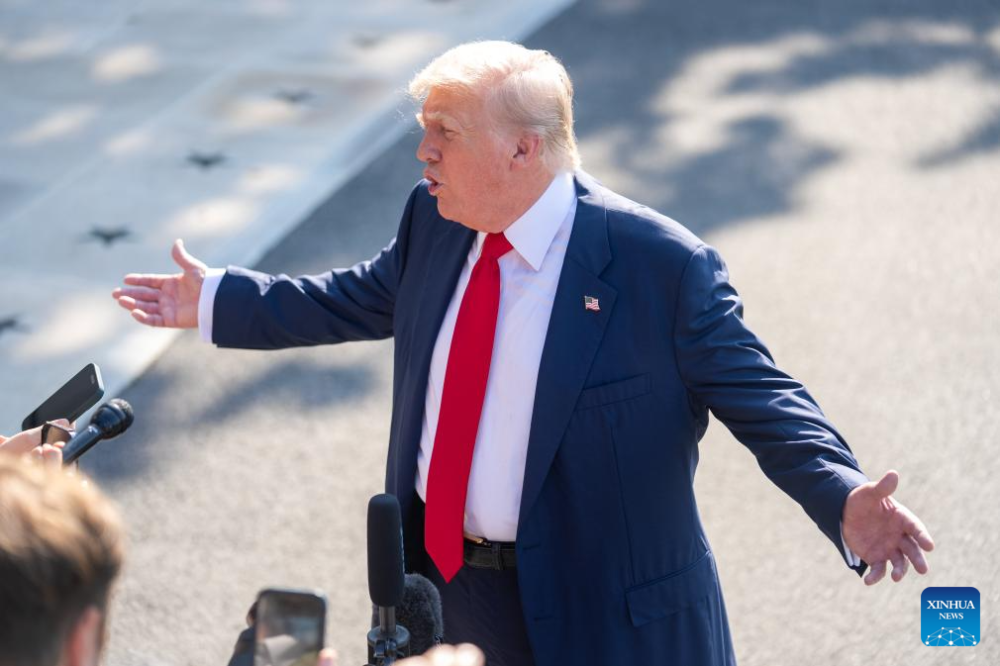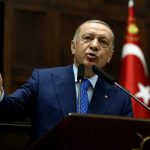Price also said in the statement that the administration will “make it easier for families to visit their relatives in Cuba and for authorised US travellers to engage with the Cuban people, attend meetings, and conduct research”…reports Asian Lite News
US President Joe Biden’s administration has announced that it was lifting some sanctions on Cuba, making it easier for families separated between the two countries to reunite and creating a more conducive business environment for Cuban entrepreneurs.
In a statement, State Department Spokesman Ned Price said that the administration “will reinstate the Cuban Family Reunification Parole (CFRP) Program and further increase consular services and visa processing, making it possible for more Cubans to join their families in the United States via regular migration channels”, reports Xinhua news agency
The CFRP allows up to 20,000 US immigration visas to be issued to Cuban nationals annually.
However, the CFRP processing has been suspended since 2017 due to the significant personnel drawdown at the US Embassy in Cuba ordered at the time by former President Donald Trump’s administration, citing security reasons.
As a result, the US Citizenship and Immigration Services has not issued invitations since September 2016.
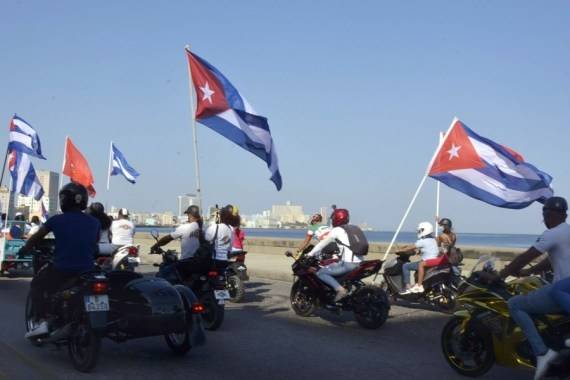
Price also said in the statement that the administration will “make it easier for families to visit their relatives in Cuba and for authorised US travellers to engage with the Cuban people, attend meetings, and conduct research”.
Washington will also support “greater access to US Internet services, applications, and e-commerce platforms”, and support “new avenues for electronic payments and for US business activities with independent Cuban entrepreneurs, including through increased access to microfinance and training”, he was quoted as saying in the statement.
The administration will cancel a 2019 rule placing a cap of $1,000 as the maximum amount that one remitter can send to one Cuban national as a family remittance per quarter, said the statement, adding that Washington will support “donative remittances” to Cuban entrepreneurs.
Responding to the announcement, Cuba’s Ministry of Foreign Affairs said it was “one limited step in the right direction”.
The measures are “positive, but of a very limited scope”, regarding the granting of visas, regular migration, flights to Cuban provinces, remittances and adjustments to the regulations governing transactions with the non-state sector, the Ministry said in a statement.
They are “in no way modify the blockade or the main measures of economic siege adopted by Trump, such as the lists of Cuban entities subject to additional coercive measures; nor do they eliminate travelling restrictions for the US citizens”.
“The government of Cuba reiterates its willingness to establish a respectful dialogue, on an equal footing, with the government of the United States, based on the UN Charter, without any interference in the internal affairs of states and with full respect for independence and sovereignty,” it added.
Cuba has endured decades-long US embargo.
Cuba and the US re-established full diplomatic relations for the first time in 54 years under the administration of Barack Obama in 2015.
Bilateral relations, however, vastly deteriorated after the Trump administration banned US flights to Cuban cities except for Havana; barred American cruise ships and yachts from visiting the Caribbean nation; and limited remittances that Cuban-Americans send to their families on the island.
Biden has made reversing the Trump-era restrictive policies toward Cuba his campaign promise, only to meet with conflicting pressures from Congress.
Republican lawmakers of Cuban descent have criticized him for the rapprochement while some Democrats scolded him for failing to live up to his commitments.


